Christopher Ellis
-
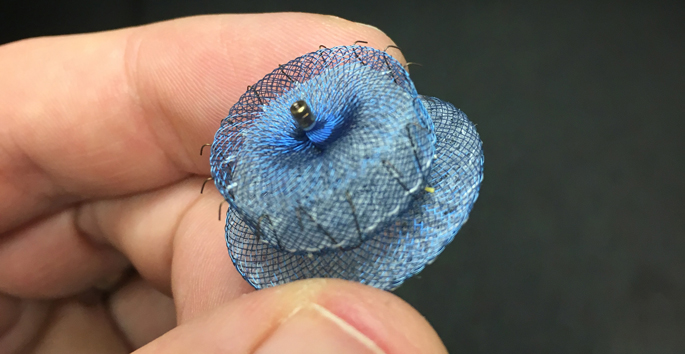
VUMC testing device to reduce stroke risk in arrhythmia patients
Vanderbilt University Medical Center (VUMC) is the first in the state to enroll patients in a clinical trial testing the effectiveness of the newest implantable device used to reduce stroke risk in patients with non-valvular atrial fibrillation (AF), the most common form of arrhythmia. Read MoreFeb 9, 2017
-
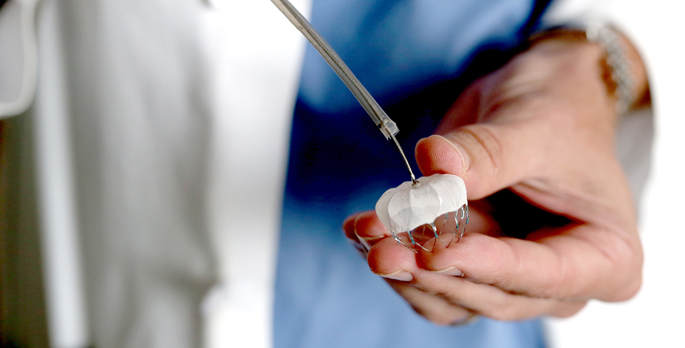
Device helps curb atrial fibrillation patients’ stroke risk
Peggy Tubb doesn’t recall her exact reaction when she was told she could stop taking blood thinners to treat atrial fibrillation (AF), but the news changed her life. Read MoreAug 25, 2016
-
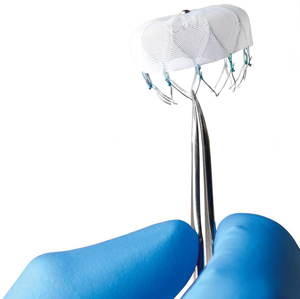
Vanderbilt Heart offers alternative to blood thinners for atrial fibrillation
Vanderbilt Heart and Vascular Institute now offers patients with atrial fibrillation (AF) an alternative treatment to reduce their risk of stroke, potentially avoiding the long-term use of blood thinners such as warfarin. Read MoreJun 17, 2015
-
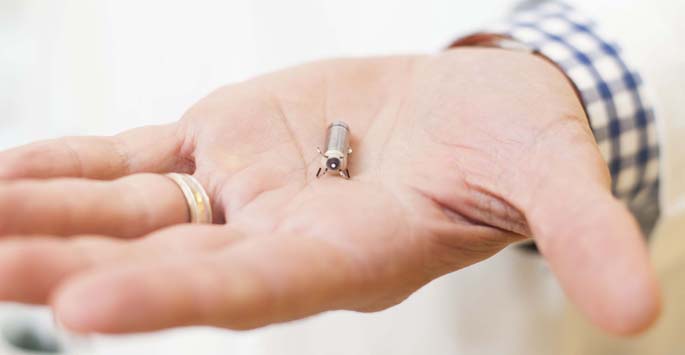
Heart Institute testing world’s tiniest pacemaker
Vanderbilt Heart and Vascular Institute is participating in a global clinical trial to test the safety and efficacy of the world’s smallest pacemaker. Read MoreSep 18, 2014
-
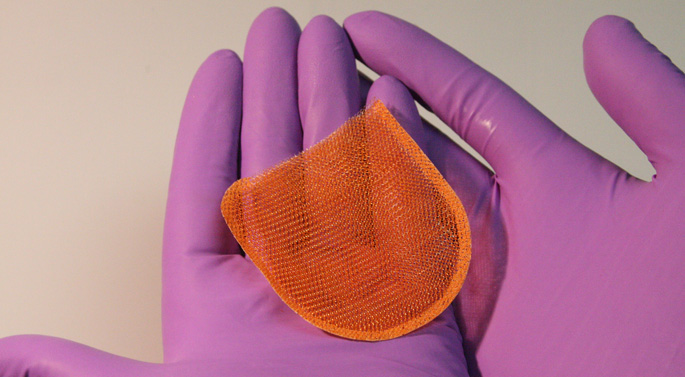
‘Envelope’ reduces cardiac implant infections
Vanderbilt Heart and Vascular Institute is the first in the United States to use a new fully resorbable “envelope” that encloses implantable cardiac devices, such as pacemakers and internal cardioverter defibrillators (ICDs), and helps prevent surgical site infections. Read MoreAug 8, 2013
-
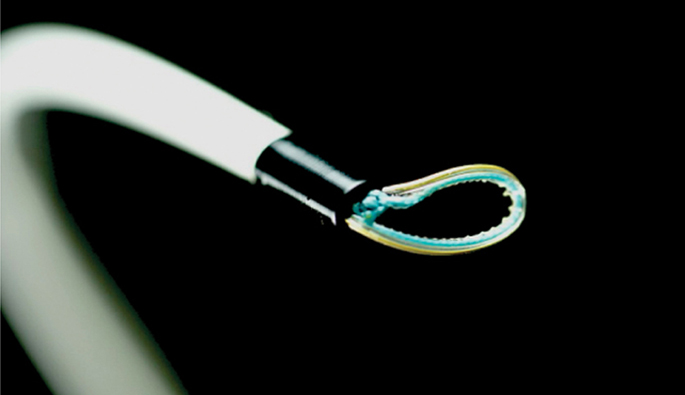
New technique eases stroke risk for atrial fibrillation patients
People with the most common irregular heart rhythm known as atrial fibrillation (AF) are at greater risk for stroke due to the formation of clots in the left atrial appendage (LAA), a small pouch which empties blood into the left atrium. Read MoreAug 1, 2013
-
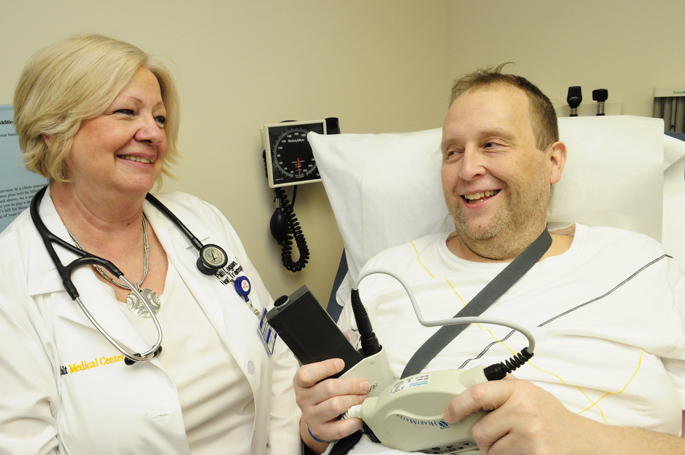
Patient undergoes surgical first to treat his arrhythmia
The state of Michael Stanbery’s health was shocking. Read MoreApr 11, 2013
-
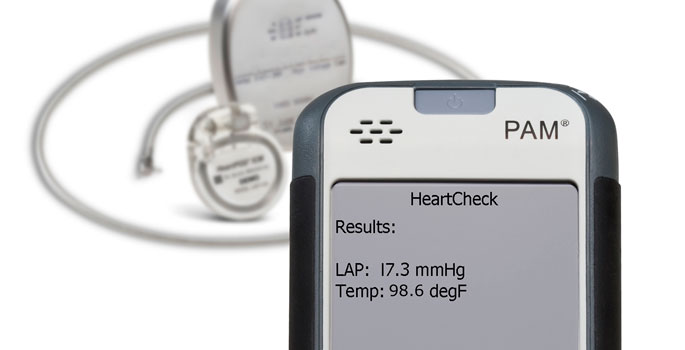
Trial tests novel treatment for heart failure patients
A new implantable device currently being studied gives heart failure patients the ability to monitor their heart and take action when their condition begins to worsen. Read MoreMay 27, 2011